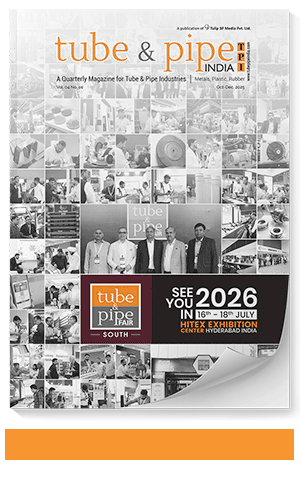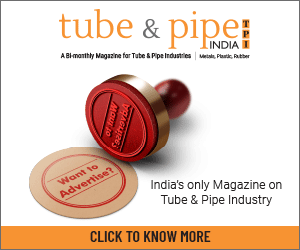REMI Edelstahl Tubulars, a division of REMI Group, operates a centralized manufacturing facility spanning 51,000 sq. meters in Tarapur, Maharashtra. With over 50 years of experience and an annual capacity of 12,000 MT, the company has earned a standing in the industry for its seamless and welded tube and pipe constructions. Committed to delivering superior quality, it rigorously tests its products to ensure excellence and performance. Equally dedicated to environmental sustainability and the well-being of society, the company sources 70 percent of its power from renewable sources. In an exclusive interview with Tubes & Pipe India, Mr. Rishabh Saraf – Managing Director, REMI talks about the latest development with regards to the stainless steel segment.
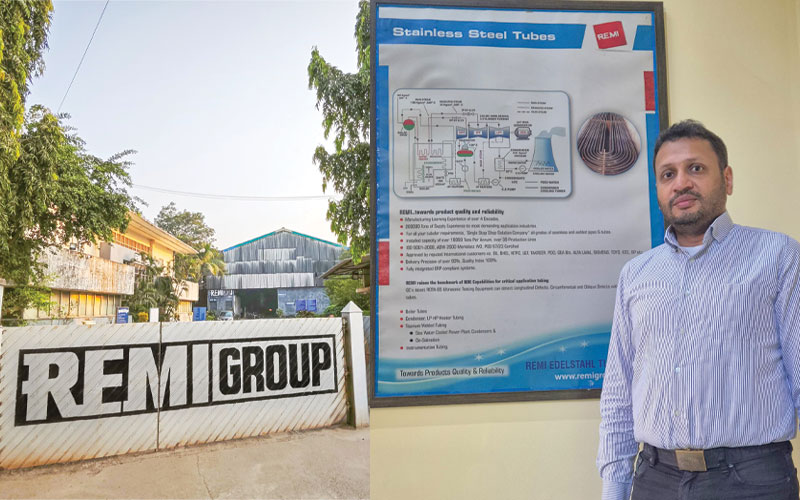
Tube & Pipe India: How would you describe REMI’s journey since its establishment? What factors have shaped its success story?
Rishabh Saraf: Since its inception in 1970, REMI has been one of the leading companies in the Indian stainless steel pipe industry. What began as a modest operation with a handful of employees has transformed into a prominent enterprise known for its superior quality.
In its early years, REMI concentrated on building expertise and a strong reputation in the market. Through the dedication and hard work of my father, Mr. Rajendra Saraf, we established our first manufacturing facility, laying the foundation for producing high-quality products. We also partnered with global industry leaders like Kobe Steel, integrating their advanced technology and best-in-class processing techniques into our operations.
TPI: What challenges did you face during the initial phase of your business?
RS: We faced a number of challenges including limited demand, limited vendors for technology supply, limited exposure to the outside world for exports, and limited sources of steel. But we embraced these challenges and developed in-house technology to fuel our growth over the past few decades, establishing ourselves as one of the most reputable brands in the industry.
TPI: How has your product portfolio expanded over the years ? Also please tell us about the latest projects in the stainless steel tubes & pipes segment?
RS: With over five decades of experience, we have consistently expanded our product offerings to meet the ever-evolving needs of the market. We have one of the widest product ranges in the country from 6mm to 2000mm OD, and 0.5mm to 70mm thickness (in seamless & welded tubes and pipes combined).
We have recently supplied 70mm thick welded pipes to a prestigious client for refinery application in India. We have also recently completed the supply of 80 inches NB welded pipe to another client. Both of these products were made in-house at a manufacturing unit in Tarapur.
TPI: In what ways do your stainless steel offerings stand out from your competitors?
RS: The experience gathered over so many years has helped us improve our processes and systems to ensure that our products satisfy the necessary standard requirements. We seek to provide a wide range of tubing and piping solutions to our clients for their complex engineering problems.
We believe that we are a one- stop stainless steel tubular product shop. We offer a wide range of products spanning both regular austenitic and special grades (such as duplex, super duplex, 400 series, etc.) and bigger sizes (upto 80 inches NB and 70mm thickness), which is a very rare combination in our country.
We also offer flexibility to the client to choose from extrusion or piercing base (depending on their project requirement), as we do not have our own hot extrusion/piercing setup. Lastly, at REMI, we have a policy of zero compromise on quality. This makes us stand out from the rest of our competitors.
TPI: What special technologies are used to manufacture your SS product lines? What kind of infrastructure set up and production capability do you have?
RS: We have developed a lot of in-house machinery which optimises our requirements keeping in mind the product range that we have. We have the latest and modern technology, such as online tube mills, high speed pilger mills, heavy duty presses & welding equipment, modern finishing, heat treatment and online testing equipment. These are customised either in-house or from global manufacturer to produce the best tubes in the country.
TPI: Please elaborate on the most recent innovation you have integrated into your manufacturing processes.
RS: Adaptation to technological advancements has become a necessity for every industry. We have recently invested in production machinery and automated processes for production of small diameter tubing in both welded and seamless segments. This has enhanced our efficiency and product quality. This will not only help us reduce the manpower involved, but also reduce the time dedicated in processing.
This investment has been done to meet customers’ needs who are looking for a quicker lead time. Additionally, we have invested in new high-tech testing machinery for specialty tubing in small sizes, having extremely critical applications. All these upgrades are carried out to ensure that our products consistently meet and exceed our customers’ expectations, in terms of quality and performance.
Also Read: Tube & Pipe India Emagazine Oct-Nov Issue 2024
TPI: What industries currently utilize your stainless steel tubes and pipes, and are you exploring any new or emerging sectors for expanding this product segment?
RS: SS tubes and pipes have a characteristic of high corrosion resistance which makes it a very suitable material for the oil & gas and chemical industry, where there is a high-level of contact with the corrosive agents. Resistance to high temperatures makes it a key material for use in thermal and nuclear power plants. Other industries, such as water treatment, aerospace, food & beverage processing, pharmaceutical, construction & architecture, etc also need SS tubes and pipes. We are currently supplying pipes and tubes to most of these sectors domestically, and are aiming to expand our footprint globally.
TPI: What strategies do you employ to maintain brand visibility?
RS: We believe that trade fairs and exhibitions are the best platforms for making your brand visible. We participate in these fairs to meet our customers, industry leaders, competitors, suppliers, etc. for exchange of information and knowledge. This helps our customers to get updated about our new offerings.
Additionally, we post updates on product enhancements, trade fair participations, CSR activities, and more on our LinkedIn page to make our audience much more aware of our significant activities.
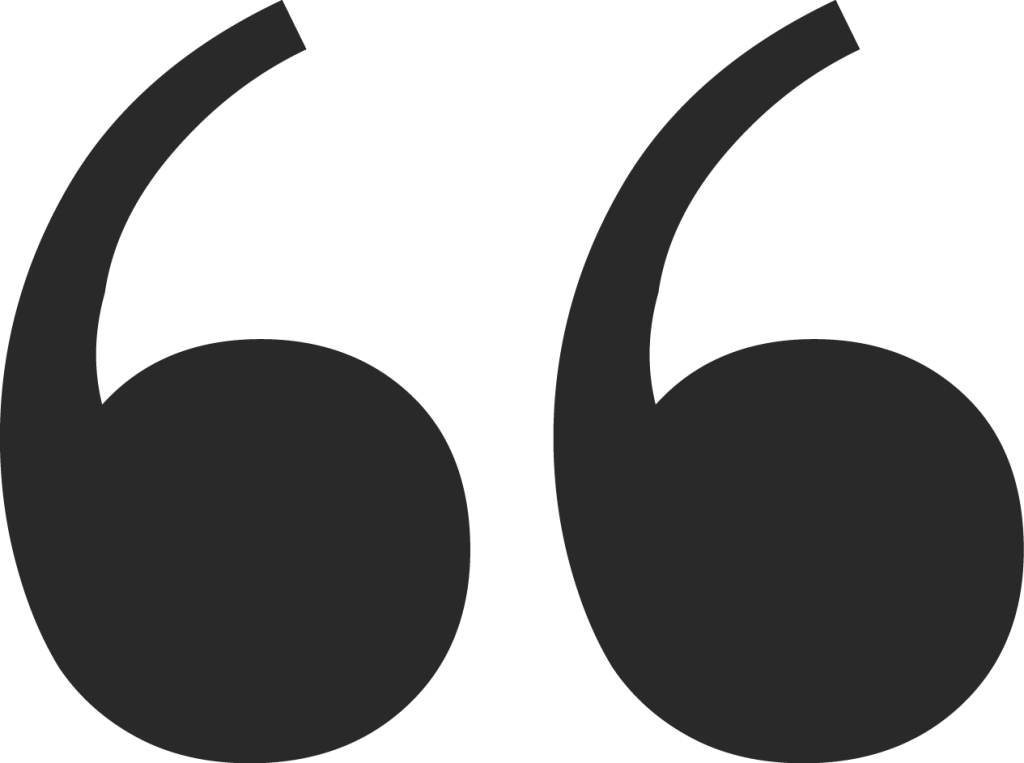
Our dedication extends beyond business growth, to making a positive impact on the environment.We have also transformed a 5,000 sq. meter storage area into a garden, doubling our green space to 10,000 sq. meters, with plans to expand further in the future.
TPI: How has sustainability influenced your company’s identity, and what specific measures do you implement to uphold these values?
RS: At REMI, we recognize the importance of preserving the environment and maximizing the use of renewable resources. In line with this commitment, we have installed windmills in Dhule, Maharashtra, to sustainably power our plant with clean energy. Currently, over 70% of our total energy consumption is sourced from these windmills, ensuring our operations remain environmentally efficient. Our dedication extends beyond business growth, to making a positive impact on the environment. We have also transformed a 5,000 sq. meter storage area into a garden, doubling our green space to 10,000 sq. meters, with plans to expand further in the future.
TPI: Can you highlight some key challenges you’ve encountered that have impacted your operations?
RS: Firstly, increased imports, especially stock dumping from other countries, pose a serious challenge. The government has taken the necessary measures to curb these imports. However, these measures need to be monitored with more scrutiny since the foreign manufacturers always find ways to circumvent these measures.
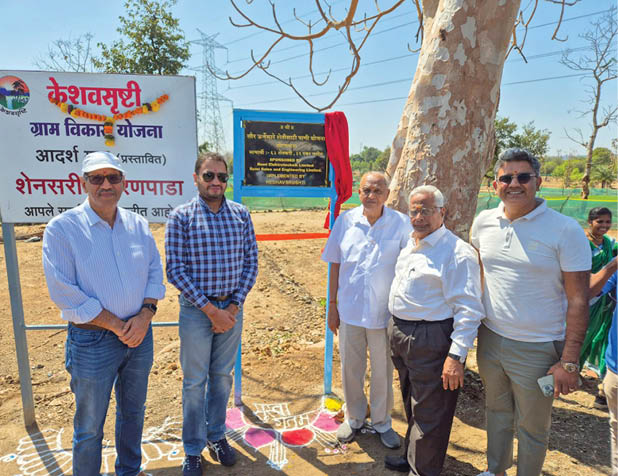
Secondly, geo-political tensions in various parts of the world have caused disruptions in the global supply chains, which have impacted the costs and delivery timelines and have also hampered new investment decisions.
TPI: What is your company’s vision over the next five years? What steps would you take to realize this vision?
RS: As we celebrate over 50 years of excellence, we remain dedicated to continuous improvement and innovation. Our vision for the future includes expanding our product line, investing in sustainable practices, and enhancing our global presence to ensure we maintain our position as a highly efficient and quality-driven mill.








